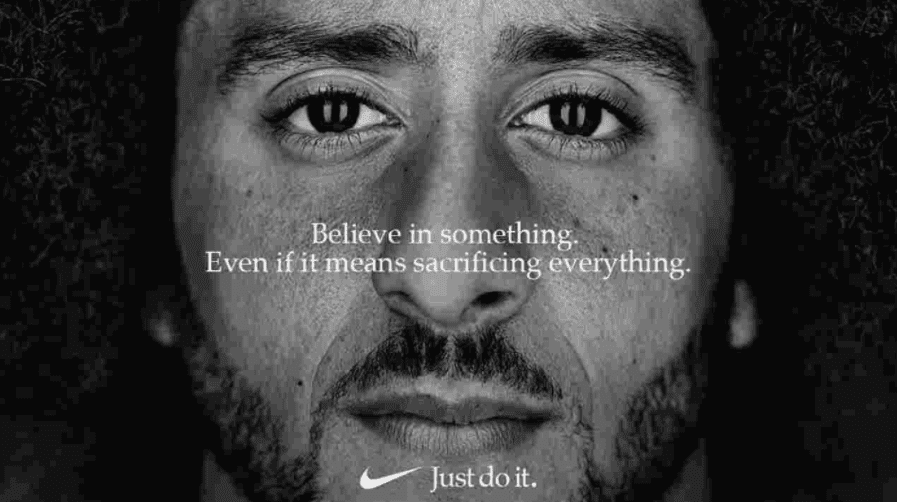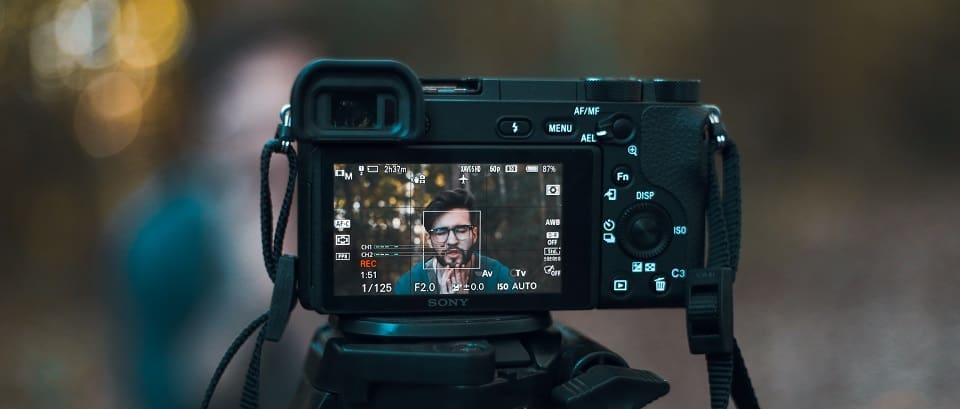Back in 2016, we fielded a survey focused on social media conduct.
Our focal areas were First Amendment rights, controversies surrounding various posts, and professional online behavior. that survey delivered some surprising statistics without a doubt.
However, since this social media survey was performed in 2016. A lot has changed since then.
With the popularity and prevalence of presidential tweets spearheading the social media debate, we recently fielded a second survey.
This one was aimed at calculating how moods and understandings have shifted in the wake of this unprecedented behavior.
Caution Reigns
Compared to the 2016 survey, the second survey illustrated some interesting changes in responses.
Overall, we found that users had adopted a surprising trend toward caution, as shown in the highlights below:
- 4.6% fewer respondents stated that they would continue to post controversial statements because their social media accounts were private, regardless of employer preferences or policies
- 3% more stated they “never” made posts about “divisive” issues online
- 2.1% fewer people surveyed admitted to publicly criticizing their bosses and coworkers
- 5.4% fewer admitted to posting information or images that could be considered offensive to others
Interestingly, these respondents don’t seem to truly understand why they’re behaving more carefully.
Understanding the Right to Free Speech
The 2018 findings displayed that 70.2% of respondents remain unaware of the connection between social media and the First Amendment.
This data point represents hardly any change at all from 2016’s 71.6%, despite their behavioral shift toward caution.
The main problem appears to be the disparity between government agencies and privately owned businesses.
The government cannot legally pursue or imprison you for exercising your right to free speech, regardless of how incendiary your statements may be.
Your boss, however, whose company’s success may rely heavily on its reputation, can decide your behavior does not match their core values.
They can even go so far as to terminate your employment in response to statements or behavior they find inappropriate.
Essentially, silence is your best friend. if you’re not sure whether or not you should post something, don’t!
The FBI won’t come knocking on your door, ready to haul you away.
However, your words may have very real social and professional consequences once you step away from your computer or set your smartphone down.
Consider Your Brand
In order to fully understand the impact social media has on others, you might want to think of yourself as a company.
Think of social media as your marketing platform.
People only know what they see, read, and experience.
If you’re constantly giving them evidence that you are spiteful and don’t care about the feelings of others, nobody is going to support your company — and no one will support you.
The Butterfly Effect exists. If you make enough waves, soon enough you will have a tsunami on your hands.
While you may not be a fast food chain with millions of followers, there is a very real possibility that family members, friends, coworkers, and potential-or-current employers (plus strangers and friends-of-friends whose connections may prove valuable in the future) will stumble across your profile.
You want them to have a good understanding of who you are and what you stand for, especially in regards to your profession / career.
A potential employer is unlikely to be interested in someone with a short temper and a penchant for fiery, public rants.
You might even get fired for publicly bashing the company you already work for.
The survey respondents may not know why they’re being cautious, but they certainly understand its benefits.
Social Media: An Unstoppable Force for Change
Social media has done more than allow us to realize how clever certain companies’ marketing teams are — it’s changing our very language.
Merriam-Webster recently announced the addition of “interjections and respellings [to the dictionary].
They chose to do this partly because communication via electronic text increasingly uses approximations of speech
What does that mean? We are talking about non-word communications, such as “hmm,” “ooh,” “mm-hmm”, and “welp.”
Other words added this year include “subtweet”, “mansplain”, and the ever-descriptive “dumpster fire.”
Respondents reported an increase in the purposeful use of misspelled words in their social media posts, as well as decrease in those that say they have “never” used such shortenings.
You have to wonder what speech will be like in the next few decades if this trend continues!
Social media is one of the most accessible information highways.
It’s a great place for to find quick, digestible news and updates on a daily basis.
We need to take caution by exercising our common sense and intelligence to determine what information can be trusted, and what information we should be saying about it.
In a place where literally anything can be said, there is an ever-increasing need to pay attention to how and what we say.
Remember: no amount of speech is free from the judgements of private citizens and organizations.
You are in control of your image just as much as those billion dollar companies out there.
Consider how much their behavior is scrutinized, as well as how much it influences and changes sentiment about the company and brand.
Then, use your conclusions in managing your own online behavior.
To summarize, follow the rising trend. Start exercising caution with your words when it comes to social media.
Latest posts by Kelsey Rausch (see all)
- Caution vs. Chaos In Social Media: What You Can And Cannot Say - August 14, 2018





